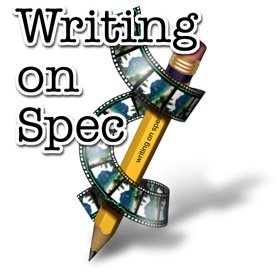The Word Nobody Uses in Writing
Practice.
The popular phrase is "write everyday", but really, they don't mean the normal kind of writing you do (grocery lists, e-mail, reports, etc.). What you need to do is practice. Practice isn't writing another x amount of pages of your latest script, because, let's face it, that's just one script. How can writing one script help all of the necessary elements to tell a great story? It can't. It doesn't.
When people learn to paint, to play an instrument... any kind of artistic or skilled endeavor, what they do is practice fundamentals. With writing, it's words, spelling, punctuation, sentences, etc.; however, Screenwriting isn't just writing, it's storytelling blueprints for film. Thus, you need to practice the elements of storytelling.
Things like drama, comedy, suspense. Put two characters into a situation and resolve it. Perhaps resolve it more than one way. Write at the top of a piece of paper (or if using a computer, the first line), what the objective is for a specific scene. It doesn't have to have anything to do with any story now or in the future. It's an exercise. Practice. One person is going to get something from another. The other person is just as bent on not relinquishing the same thing to anybody.
There are several books with creative practice exercises:
Developing Story Ideas and How to Write a Script the Hal Ackerman Way are two I've read and found engaging.
What you develop by doing these varied practice sessions is a set of skills that are not connected to a specific story you are telling. It enables you to draw on a wealth of material rather than a single script/story with a few characters.
Many writers have suggested eavesdropping on others for story or character content. Perhaps take somebody you've seen or overheard and put them in a situation and see how you think it would turn out. The sky is the limit. The perk of practice is that you don't have to have something in your script worked out AND it's possible to practice everyday and still write/add to your script/story as the ideas come (instead of staring into space and doing nothing).
I'll dig up some suggestions for next time. If any of you have any good suggestions, fire away!
Labels: Screenwriting
